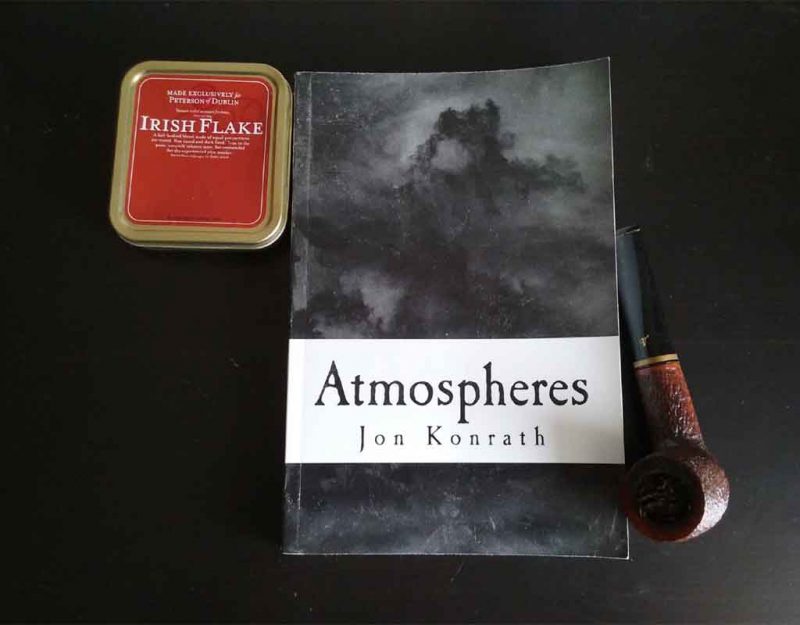Pipe Meditations (September 5, 2019)
We can forgive our ancestors for seeing a demon-haunted world mainly because most people are demonic in their behavior. That is, they take great delight in wrecking anything good while insisting that what they are doing is actually good; they relish lies and hate sanity.
You can see this in the vast wave of denial sweeping over the West. You have two types of people, System-people and reality-people. System people know what they have to do to succeed in the system and are uninterested in anything else, including reality.
Reality-people still have a focus outside of the system — nature, gods, literature, philosophy, martial arts, business, crime, art — that allows them to see a bigger, broader, and deeper world than the system permits. This makes them outsiders, which is how the system keeps going.
We might see all of human activity as a series of loyalty tests. Will you waste your youth memorizing meaningless nonsense at school? How about spending long hours on pointless make-work? Finally, will you praise the system in public even though you know it is doomed?
Humans, after all, like control and the only way to control someone is to break them like a gelding horse. You shatter their will and make them depend on you for guidance, just like the Soviet Union or company towns did. You domesticate them and make them externalize their will to you.
This kind of manic and fetid behavior cannot take root unless there is some demonic lust for power and hatred of realism that has taken root in a population. Healthy, sane, and stable people do not seek to control others, but to improve their own lot.
On the other hand, people who have a sense of fatalism about life — the idea that it will not get better and they cannot make it better — tend to find themselves bickering and fighting over whatever power remains. This motivates them to want to dominate, destroy, and manipulate others.
Looking into this more deeply, people who behave this way have disordered minds. They avoid reality because they see it is bad, and look for symbolic power and importance instead, which turns them into a ravening mob which will consume anything it touches.
The Christians tell us that these people need Jesus, and this provides a more sensible framework than any other approach, even though it is not the whole story (and therefore dangerous: partial solutions drive out complete solutions). People need some way to believe that life is good.
In my experience, this means that they need faith in their own society as good, they need to know that the good are rewarded and the bad punished, they need to have high culture and architecture to aspire to, and they must have some belief in an afterlife so that they see a continuity between idea and reality which makes them want to be good in both.
We have none of this, and instead we have people who behave in demonic ways. Voters rush toward whatever seems like the most suicidal and insane policy option; individuals lie and manipulate in order to advance the Leftist agenda; ordinary people see the disorder and chuckle and say, “more for me,” then retreat to gated communities despite knowing that disaster results from the way things are going.
We are a broken people with nothing to believe in. We lost the belief that life was good when our civilization started going down a path that we know at a gut level leads to bad things, since democracy really is mob rule and bureaucracy is the lowest ruling the highest.
Ordered minds see reality as important, adapt to it and, by searching within their inner selves, find the invisible order that pervades it which includes transcendental and metaphysical understanding. Ordered minds seek the good in a realistic context, not a symbolic one alone.
Disordered minds take great delight in destroying the good because disordered minds arise from people swimming in existential crisis, loneliness, doubt, and despair. They have found no path, and they want no one else to have one either, so they are possessed of an impulse to destroy and nothing more.
Tags: belief in the good, disordered minds, impulse to destroy










